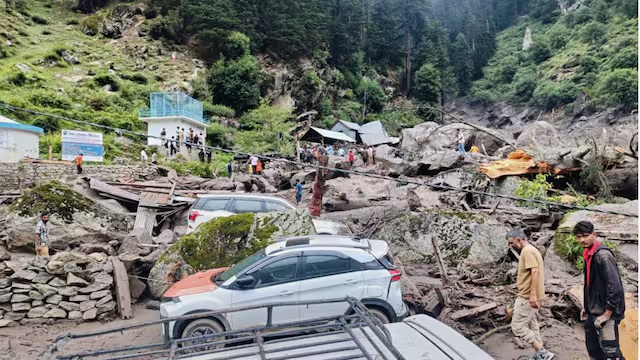
Saurath village in Madhubani district of Bihar, known for its annual “sabha” where Brahmin men of marriageable age traditionally wait for wedding proposals, is currently witnessing a different kind of anticipation. This time, the villagers are anxiously waiting for the issuance of domicile certificates, essential for voter registration under the Special Intensive Revision of electoral rolls. According to Vibhakar Jha, son of the local panchayat mukhiya Kamini Devi, out of 2,200 domicile applications submitted from their panchayat alone, only 150 certificates have been issued so far.
While the electoral revision process was intended to ensure a more accurate voter list, it has caused widespread frustration across social groups, including the upper castes who traditionally hold dominant positions in villages like Saurath. In a state where caste identities strongly influence politics and social life, the new documentation requirements are being felt as a heavy burden by many. Jha explains that obtaining a domicile certificate is supposed to be one of the easier tasks among the 11 documents listed by the Election Commission. Yet, despite the seemingly straightforward process, a large number of upper caste individuals are stuck in long queues, unable to secure the necessary certificates promptly.
The discontent is not limited to marginalized communities, who are often expected to face bureaucratic hurdles, but extends to upper caste voters as well, highlighting the widespread impact of the electoral revision. Villagers like Chinta Devi have expressed their frustration bluntly, pleading, “Don’t harass us in the name of documents.” The sentiment reflects a growing concern among citizens who feel that the revision exercise, rather than simplifying voter registration, is making the process cumbersome and stressful for everyone involved.
This unrest in Saurath is a microcosm of the larger unease across Bihar, where electoral roll revisions have raised questions not only about administrative efficiency but also about the political and social implications of such stringent documentation requirements. As elections approach, the pressure mounts on the Election Commission to balance accuracy with accessibility, ensuring that the democratic process is inclusive and fair to all sections of society.












